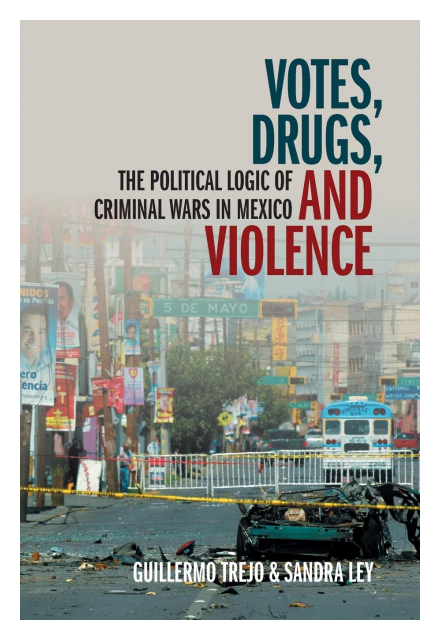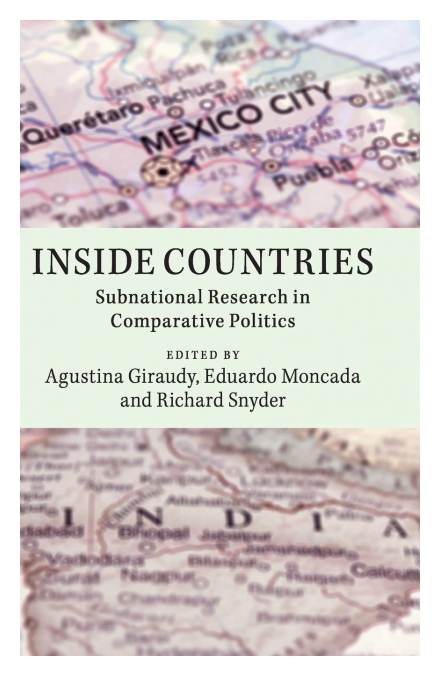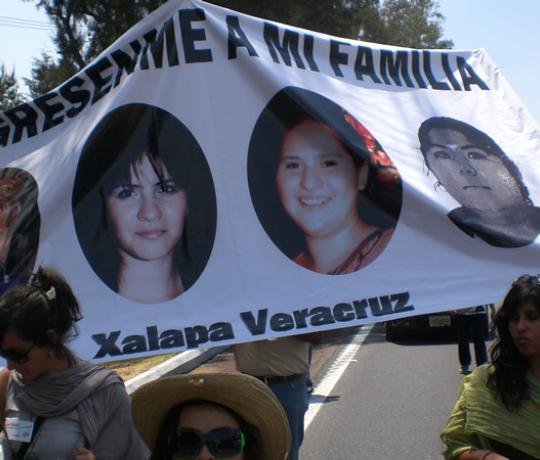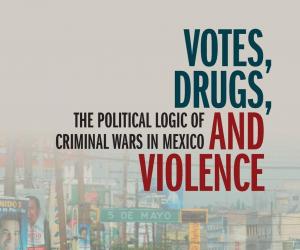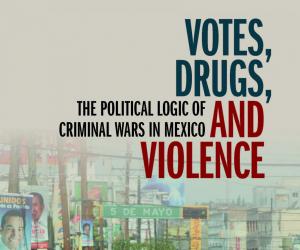This profile was current as of 2015, when she was part of the on-campus Kellogg community.
Sandra Ley Gutiérrez is currently an external research affiliate of the Kellogg Institute's Notre Dame Violence and Transitional Justice Lab (V-TJLab).
Sandra Ley Gutiérrez (PhD, Duke University), a political scientist specializing in political behavior and criminal violence, is a Kellogg visiting fellow for the 2014-15 academic year. Her research analyzes the impact of criminal violence on the exercise of democratic citizenship in Latin America, with central emphasis on Mexico.
At Kellogg, Ley is developing the book project Citizens in Fear: Political Participation and Voting Behavior in the Midst of Violence, which examines how variations in the level of criminal violence condition the activation of civil society networks, citizen participation and electoral accountability. Based on research in her native Mexico, she finds that even as victims take to the streets to demand peace and justice, violence threatens the electorate as a whole and reduces incentives to take part in elections.
Her study draws on a rich array of sources. She has created an original post-electoral survey, as well as a novel newspaper databank of protests against crime in Mexico during the 20062012 period. In collaboration with Faculty Fellow Guillermo Trejo, she has also developed a unique dataset on criminal violence in Mexico. Her statistical evidence is complemented with participant observation in marches for peace and qualitative in-depth interviews with victims and nonvictims of crime in six Mexican cities.
Ley plans to extend the reach of the project to other Latin American countries, where rising violence has led citizens to identify crime as the most important political problem facing their nation. She will also continue to work with Trejo on a series of papers on the institutional foundations of criminal violence and the logic of organized crime.
Journal Articles
Books
Book Chapters
Academic Year 2014-2015 : Citizens in Fear: Political Participation and Voting Behavior in the Midst of Violence







